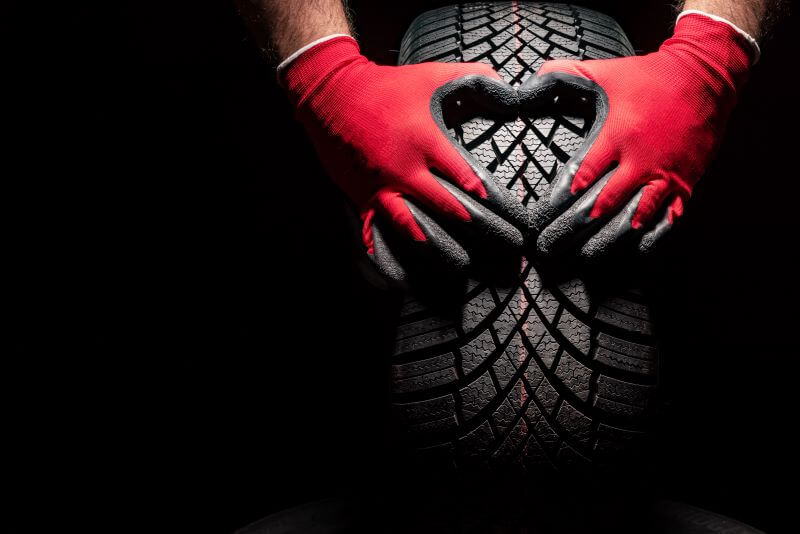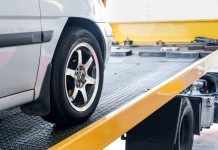Looking after your car can seem daunting, especially if you don’t have much experience with cars. However, with a little bit of effort, you can keep your car running smoothly for years to come. In this article, we will cover some of the essential things you need to know for maintaining your car.
The Basics
Before you can begin to take care of your car, you need to understand the basics of regular car maintenance. This may include checking the oil level, tire pressure, and fluid levels. You should also be aware of the warning lights on your dashboard and what they mean. You can find all of this in and more in the owner’s manual that came with your car.
It’s also important to look at extended car warranty when taking care of your first car. An extended warranty is an additional coverage plan that can help cover the cost of repairs and replacements beyond the manufacturer’s warranty period. It can be super helpful during the lifespan of your car!
Create a Maintenance Schedule
Once you’re familiar with the basics, you should create a maintenance schedule. A regular maintenance schedule can help you catch problems before they become more severe… and in turn, more expensive. Create a checklist of items to check every week or month including:
- Oil changes
- Tire rotations
- Brake inspections
- Engine coolant
- Electrics (car headlights, battery etc.)
- Screen wash
- Engine air filter
- Spark plug
- Air conditioning
- General car cleanliness
Keep track of the dates you performed these checks so you know when you need to perform more. You should also take your car for a service every 12,000 miles to ensure your car is in the best shape possible!

Tire Maintenance
Tire maintenance is essential for your car’s safety and longevity. It’s important to check the tire pressure and tread regularly and keep it at the recommended level.
Your tire pressure should be a numerical value and is measured in pounds per square inch (PSI) or BAR. The recommended tire pressure is between 31 and 35 why the tyres are cold. You can use a pressure gauge at a petrol station or if you have a gauge at home.
When checking your tire tread (the rubber on the tire that makes contact with the road), you should make sure it is approximately 8-9mm deep. This ensures it’s legal to drive on.
Brakes & Brake Pads
Your brakes are crucial to your safety, so it’s important to know when it’s time to replace the brake pads. When you press the brake pedal, the brake pads press against the rotors to slow down and eventually stop the car.
If you hear a grinding or squeaking sound when you apply the brakes, it’s time to take your car to a mechanic. It’s also essential you get your brakes inspected regularly to catch any issues early on!
Cleaning
Keeping your car clean is an essential part of car maintenance. Regular cleaning helps to protect the paint and body from damage and just generally improves your car’s appearance. To ensure you clean your car effectively you should:
- Gather the right supplies (buckets, car soap, a sponge, a hose, a microfibre towel etc.)
- Wash the car by rinsing with a hose, washing with soapy water, and rinse
- Clean the wheels and tires with a separate cleaner designed especially
- Dry the car with a good microfibre towel starting at the top and working your way down
- Wax and polish to take your car’s appearance to the next level
- Clean the interior by vacuuming the carpets and seats, using a cleaner for the dashboard and other surfaces and cleaning the windows with a window cleaner
By following these cleaning tips you can keep your car looking it’s best at all times!
Preparing For Winter
Making sure your car is fit for winter is essential in keeping you safe and keeping your car in good health. Things you can do include:
- Checking the battery in colder weather (cold weather can drain your battery quickly!)
- Check the tires so they’re inflated and the correct treat depth, or switch the tires if you live in an area with heavy snow or ice
- Check the antifreeze/coolant is at the right level and concentration to prevent the engine from freezing
- Check the wipers and washer fluid so they can handle ice
- Pack an emergency kit in case you get stranded during a snow storm. This is unlikely, but it’s always good to be prepared with a blanket, gloves, a hat, water, a flashlight and extra batteries
By following these tips, you can ensure your car is ready for whatever winter may throw at you.
What to Do If You Break Down
Breaking down can be stressful, but by following these steps, you can ensure you are safe and your car is taken care of.
- Stay calm and safe. If your car breaks down, keep calm and move your car to a safe location if possible such as the hard shoulder or the road. Turn your hazards on to alert other drivers that your car is not moving.
- Call for help. If you have your phone on you, you can call breakdown assistance or a tow truck. If you don’t have a phone, you can use emergency roadside telephones which are usually located at regular intervals along motorways and major roads.
- Wait for help. After you’ve given details of your breakdown, stay in your car (or outside of your car if you’re on a motorway hard shoulder) and wait for assistance to arrive. If it’s cold outside, wrap up in a blanket to stay warm.
- Don’t accept rides from strangers. Although it might be tempting to get a ride from a stranger, it’s important to prioritise your safety and wait for help from a professional service or trusted friend or family member.
By following these steps, you can get the help you need if you find yourself in a situation where your car breaks down on the road.









































